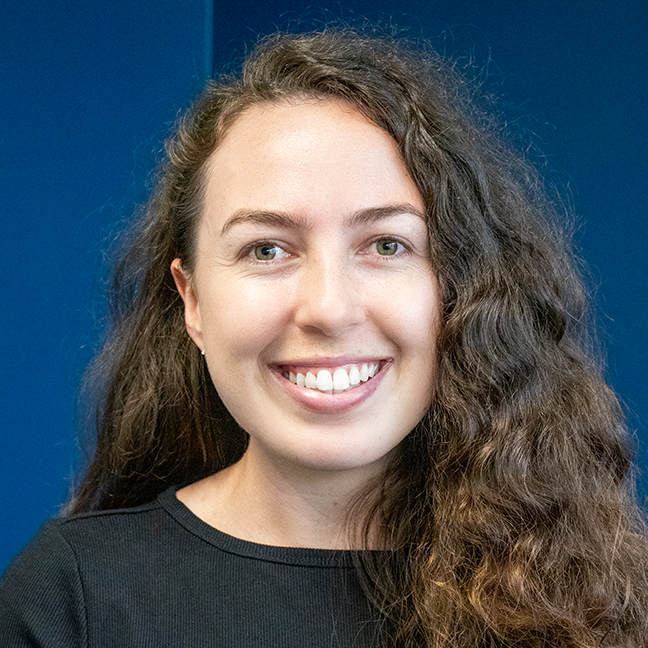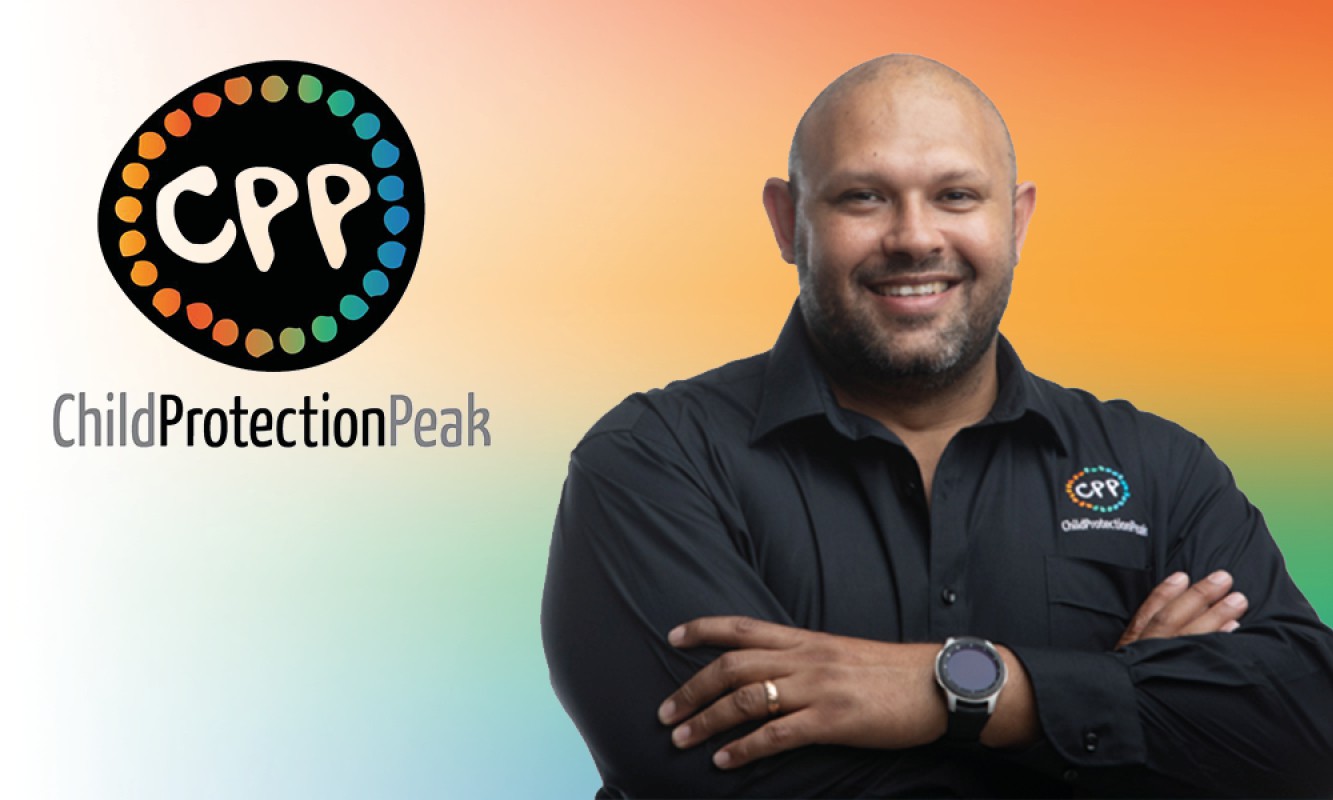It’s understood some one in 25 Aboriginal and Torres Strait Islander children are removed from home within their first year of life – a sad state of affairs that continues to have significant intergenerational impacts on First Nations families.
As the state’s peak body for the Aboriginal and Torres Strait Islander child protection and family support services sector, QATSICPP (the Queensland Aboriginal and Torres Strait Islander Child Protection Peak) advocates for First Nations families, children and young people.
One way QATSICPP CEO Garth Morgan is trying to assist Aboriginal and Torres Strait Islander people in these communities is by making them aware of the rights they have when coming into contact with the child protection system – for example, requesting to speak to a lawyer and accessing legal advice before entering into agreements about their children.
QATSICPP recently launched the ‘Know Your Rights’ campaign which seeks to raise much-needed awareness of these supports, tools and resources available – an approach Garth believes will further enable First Nations people to participate in the decisions that impact them. Information cards displaying these rights are currently available in every Child Safety service centre in Queensland.
QLS Proctor spoke with Garth to learn more.
QLS Proctor: From your point of view, what are some of the barriers First Nations families face when seeking legal advice?
Garth: One of the things I hear all the time from our members is “our families don’t have access to a lawyer”, especially early on in the process. We know that accessing a lawyer is critical to ensuring Child Safety follows the appropriate processes and gives these families the chance to respond to the claims being made about them, to ensure they are able to have their views put forward.
What we also know is that our Aboriginal legal services are critically underfunded, particularly in the family law space. One of the things that I know is a frustration for so many is that there are services that are established to support our people, but the need is so much greater than what the resource is. And so a major barrier is actually the accessibility of the service that’s been established.
I think it’s really important that we get more Aboriginal lawyers as well, so that people feel comfortable yarning about their situation and their family. This would also enable them to build up rapport and trust really quickly, and get advice in a language they understand and are able to use to support them when they’re engaging with the child safety system.
QLS Proctor: Can you share some further insights into the numbers of First Nations children and families interacting with Child Safety?
Garth: About half the children in the child protection system are Aboriginal and Torres Strait Islander children – it’s about 43%. We know that you’re more than eight times more likely to find your way into the child protection system if you’re an Aboriginal or Torres Strait Islander child – that’s astounding, that’s over 800%. So, the rate at which children enter into the system is significantly disproportionate.
We know that our young ones – our babies and newborns and children up to one year old – are about 10 times more likely than non-Aboriginal children, to be removed from their home in their first year of life.
It’s an acute issue right now and unless we actually turn the tide on this, we’re going to see a continued cycle that brings suffering and trauma for these children and families, and then their children and families. One of the critical ways we can help to stop that is to ensure that people are accessing the things that are available to them.
QLS Proctor: How can members of the legal profession effectively offer their support?
Garth: I think the more advocates we’ve got for access to legal services, the better it’s going to be for Aboriginal and Torres Strait Islander children and families. Outside the scope of this immediate Know Your Rights campaign, there are many things we can do to work with lawyers and magistrates to understand what Aboriginal and Torres Strait Islander people can bring to the law.
If we’re able to enable more Aboriginal and Torres Strait Islander lawyers with technical legal expertise to provide a cultural lens, my sense is that we’re going to get better interpretation of the legislation – what does an ‘active effort’ mean, for example, or a ‘family’, if we’re talking about the Aboriginal and Torres Strait Islander Child Placement Principle?
So the documentation that goes to courts, it’s really critical that we’ve got lawyers that understand what good practice in applying – and complying with – the legislation looks like, versus minimum standard compliance of the legislation. And I think Aboriginal lawyers are going to be a critical part of that, so bringing them into the conversation, supporting and encouraging young Aboriginal lawyers to get into the family law space is really important.
Also, engaging with the services that have been established to support children and families. If you’ve got a local Aboriginal and Torres Strait Islander child protection organisation, going and spending some time there, offering to do some pro bono work, getting to understand their contexts and the things they’re up against. That way individuals can use their own professional judgement to determine how to best support families and ensure they’re able to exercise all of their rights – particularly their legal rights – in this space.
QLS Proctor: We’ve observed Indigenous Business Month throughout October. Why is it important to recognise this going forward?
Garth: Indigenous businesses are absolutely critical for a number of reasons. I think they’re a great vehicle for wealth creation and trying to turn the tide on poverty, but Aboriginal businesses are also major employers of Aboriginal people. We find that there’s a much, much higher percentage of Aboriginal people employed in Indigenous businesses than in mainstream businesses, or the mainstream corporate sector.
And, particularly relevant to this campaign – we do need more Aboriginal and Torres Strait Islander lawyers in firms, in our legal services and also in private practice. I think creating opportunities for those lawyers with the technical expertise to provide a cultural lens is going to improve accessibility to lawyers.
Indigenous business is absolutely critical and I’m really pleased to see that a number of governments have initiatives aimed at trying to procure more business for Indigenous businesses. I’m also hoping we’ll see a broader shift in the corporate space where corporates are looking to engage with Indigenous businesses and vendors to support them in their growth.
Learn more about Know Your Rights and the work being done by QATSCIPP.










Share this article